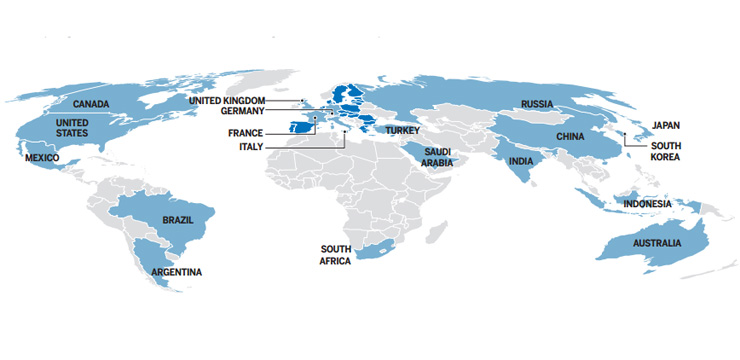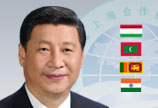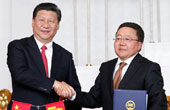
Former Australian FM hails new level in Sino-Australian ties
Comments Print Mail Large Medium SmallSYDNEY -- The China-Australia free trade agreement (FTA) will be a major boost for Chinese provincial and Australian state governments in attracting infrastructure investment, according to former Australian foreign minister Bob Carr.
The relationship between the two Asia Pacific nations has now been elevated to the level of a "comprehensive strategic partnership," the Australian political veteran said.
Carr, who is now director of the Australia-China Relations Institute at the University of Technology, Sydney, said China had always attached a lot of importance to regional cooperation, between its provinces and Australian states.
"Provincial government provides national leadership so the Chinese put a lot of credence to dealings with state governments in Australia and for that matter city governments," Carr said.
"Bear in mind that the states in the Australian federal system are sovereign entities. They give development approval for example.
"Chinese investment is significant and the states are very keen for infrastructure investment. The states are responsible for building roads, railways, ports, and providing safe and secure electricity network, and there are many areas that the Chinese are looking for partnership."
Carr also said Australian farmers will be big winners in the FTA deal.
"There is also the area of agriculture and President Xi Jinping nominated animal husbandry as an example of the relationship being deepened," Carr said.
"When you have Australian farmers doing well out of the access to Chinese market as well as what they are going to be doing in the next few years there will be even more Australians attaching great importance to the relationship with China."
Carr highlighted the FTA as Chinese President Xi's most significant achievement of his recent Australian visit, and the landmark trade deal will help develop even deeper and closer ties.
"The FTA is the most important part of it. That's closely followed by the commitment to describing the relationship with Australia as a comprehensive strategic partnership and that is an elevation of the relationship," Carr said.
"I think the Chinese have shown in all this they see Australia respecting core Chinese interests and they have been important in Chinese diplomacy over the years.
"The FTA makes China and Australia relationship stronger and deeper and a lot will ride on the success of the FTA."
Carr said Xi's visit also revealed the president's personal attraction and connection with Australia.
"President Xi is someone who is fond of Australian and very knowledgeable about Australia. He's been here four times before and he's now visiting all the states, and now he's seen Tasmania," Carr said.
"Clearly the time he has taken here and what he said about comprehensive strategic partnership and the signing of a free trade agreement all this confirms he is a supremely confident authoritative political leader and attaches importance to this relationship between China and Australia.
"We are committed to the Australia-China relationship. Economically it is the most important relationship Australia has and we take a positive view of it.
"There are changes in China such as the rise of the Chinese middle class. By 2030, 70 percent of the Chinese population will have middle-class status.
"We are seeing China more focused on environmental protection as part of its economic maturity."
Carr said although China-Australian relations are very positive, Australia also had to respect China's major role in the international area.
Related Stories
How FTA with Australia benefit China? 2014-11-19 10:24
Xi visits family of old friend in Australia, fulfilling commitment 2014-11-19 09:21
Fosun International acquires Australia's Roc Oil 2014-11-18 16:55
China, Australia establish new research center 2014-11-18 14:32
Chinese wind farm technology to be tested in Australia 2014-11-18 13:56
Xi delivers speech at Federal Parliament of Australia 2014-11-18 09:52
Rising diversity in Australia-China trade 2014-11-18 07:56
Background


